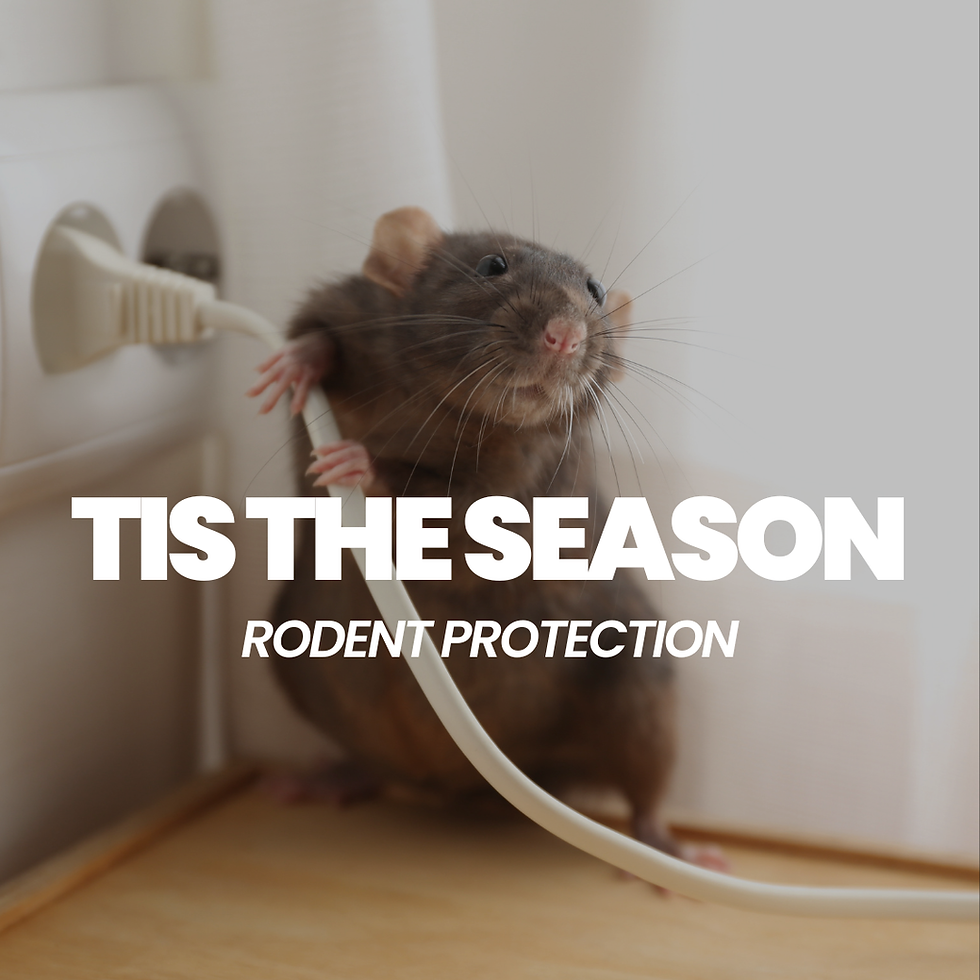October Bugs in Texas
- garykirkowski
- Oct 3, 2023
- 2 min read
In Texas, October can bring about a variety of bugs and insects, as the weather begins to cool down from the hot summer months. Here are some common bugs and insects you might encounter in Texas during October:
Mosquitoes: While mosquito activity generally decreases as temperatures drop, they can still be present, especially if there's standing water around.
Ants: Ants, including fire ants and Argentine ants, are active throughout the year in Texas and may continue to be a nuisance in October.
Spiders: Common spiders in Texas, such as orb-weavers and wolf spiders, are often seen in and around homes.
Flies: Houseflies and other fly species may still be active during October, especially if there's food waste or decaying organic matter present.
Cockroaches: Cockroaches are resilient and can be found year-round in Texas, including October. They may seek shelter indoors as the weather cools.
Bees and wasps: While some bee and wasp species become less active in the fall, you may still encounter them, especially if there are flowering plants around.
Ladybugs: Ladybugs, also known as lady beetles, may congregate in large numbers in and around homes as they seek shelter for the winter.
Stink bugs: Stink bugs are known for their unpleasant odor when crushed. They may become more noticeable in the fall as they look for places to overwinter.
Boxelder bugs: These black and red bugs are often found on and around boxelder trees, and they may seek shelter indoors as temperatures drop.
Spotted lanternflies: In some parts of Texas, spotted lanternflies have become invasive pests. They can be active during the fall months.
It's important to note that the specific types of bugs you encounter in October can vary depending on your location within Texas. To manage and control these pests, consider keeping your home well-sealed, removing standing water, and addressing any potential entry points for insects. If you have a particular insect issue that you're concerned about, you may want to consult with a local pest control professional for guidance and assistance.
Rhino Pest Protection - 346-531-5117





Comments